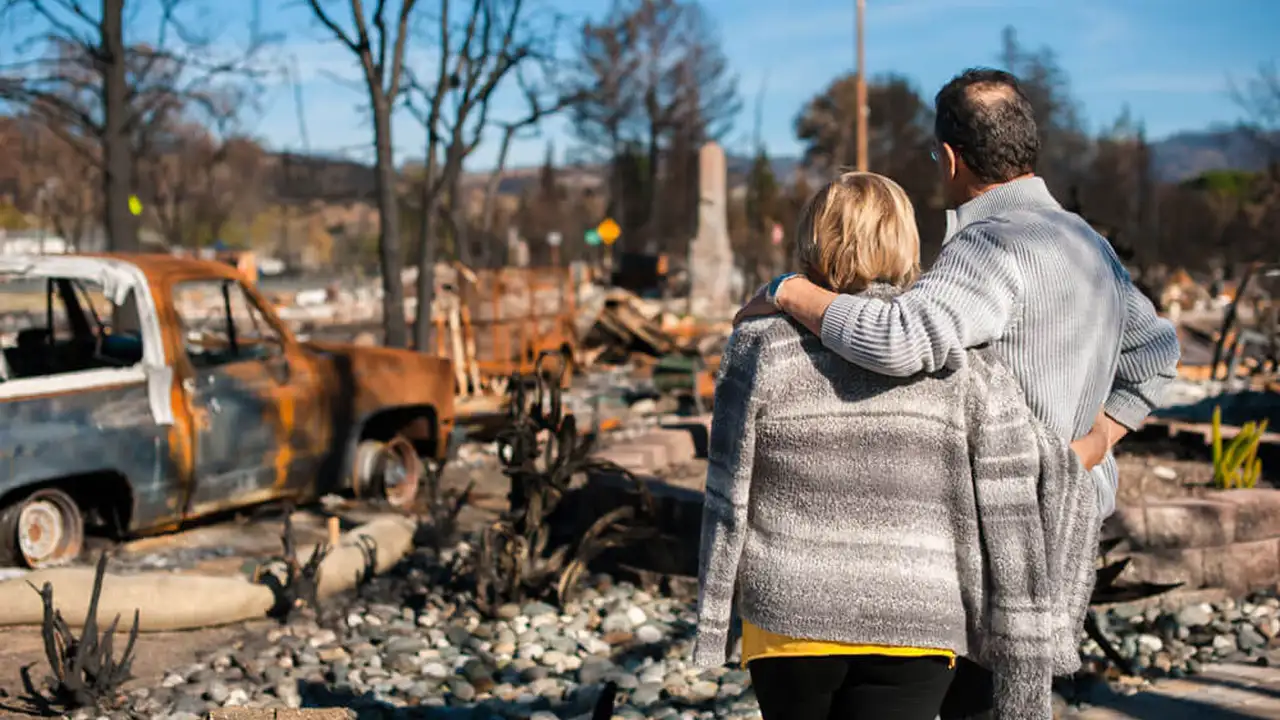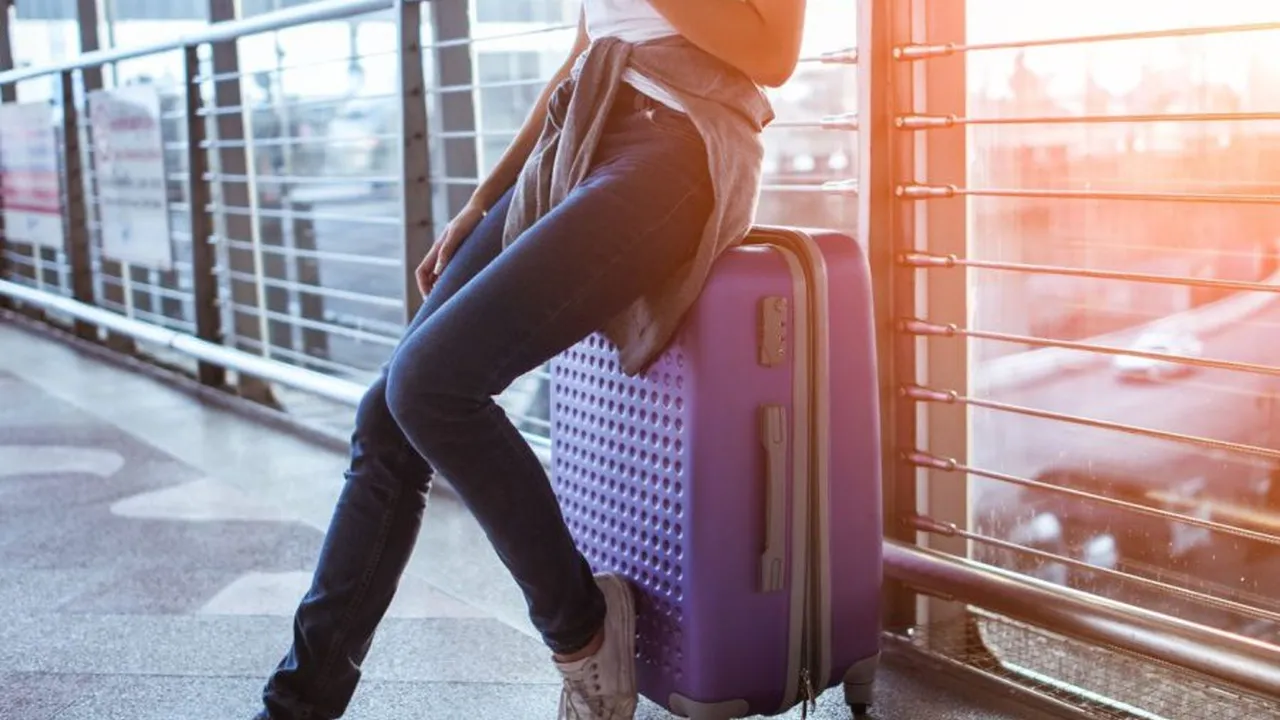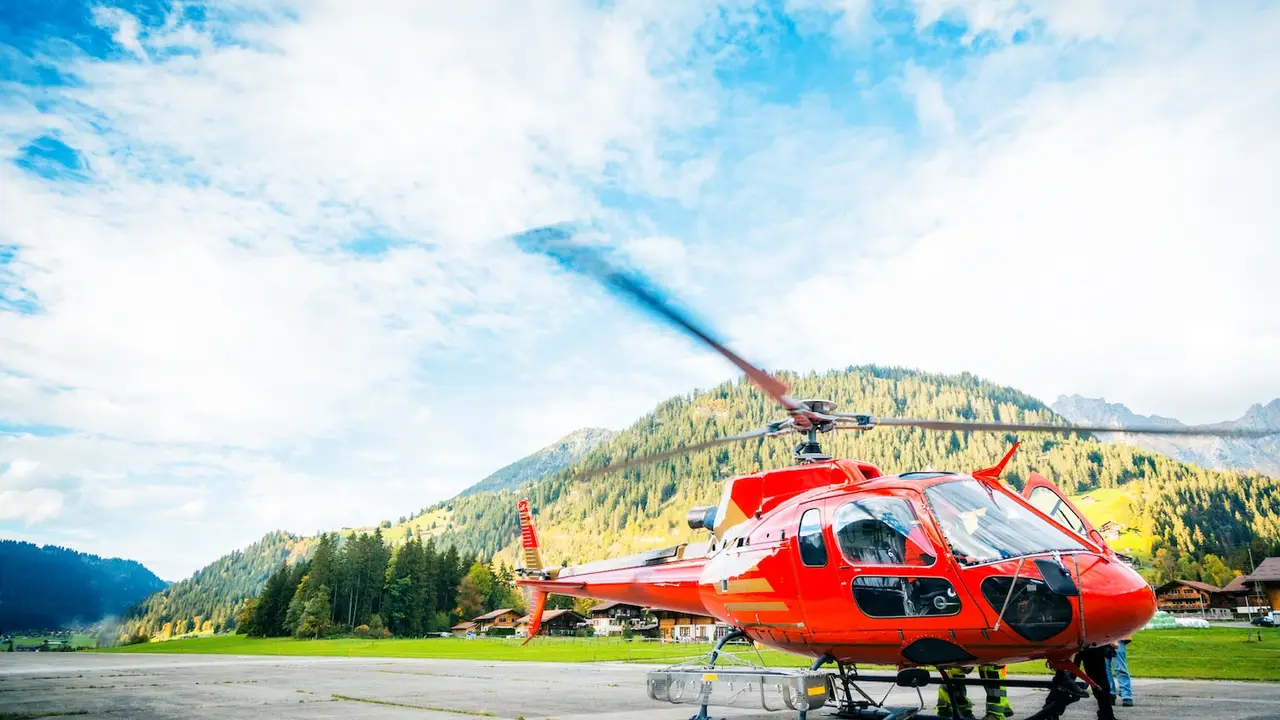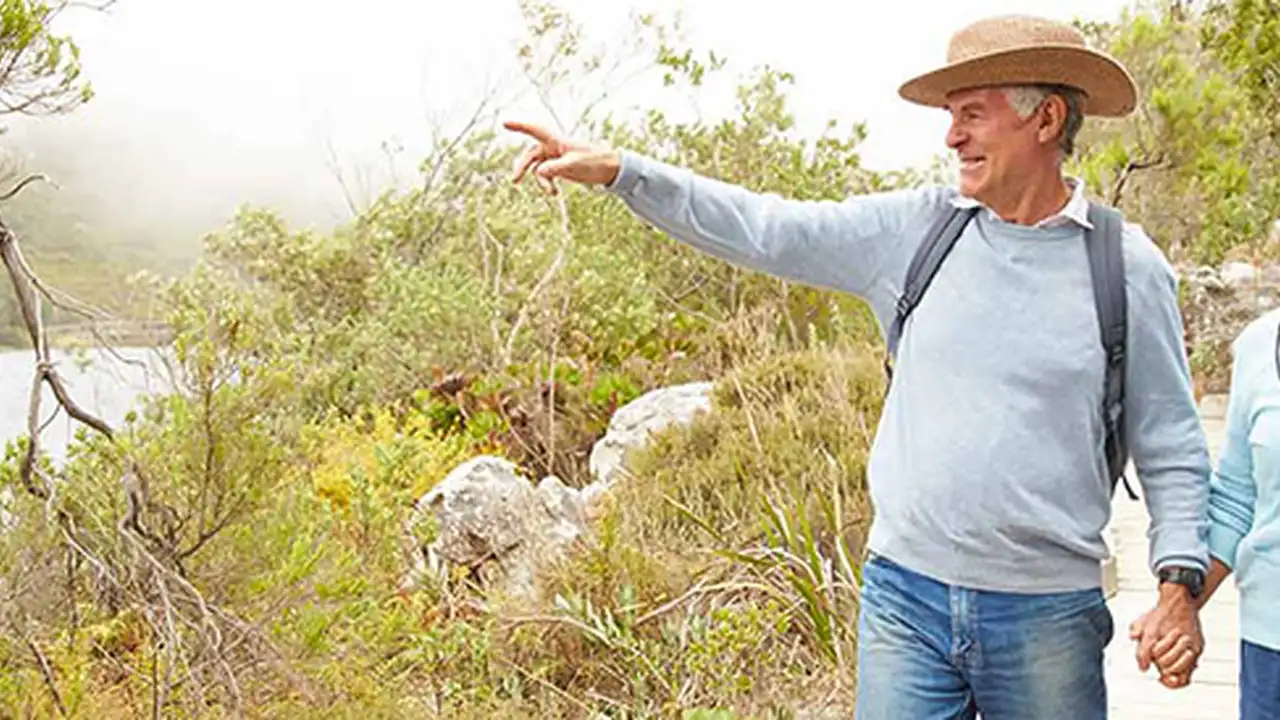Senior Traveler's Natural Disaster: Travel Insurance Coverage

Read a story about a senior traveler who was affected by a natural disaster. Learn how travel insurance covered their expenses and provided support.
Understanding Natural Disaster Coverage in Senior Travel Insurance
Okay, so you're planning a trip, maybe a relaxing cruise or a long-awaited visit to see the grandkids. But what happens if Mother Nature decides to throw a wrench in your plans? Hurricanes, earthquakes, wildfires – these natural disasters can disrupt travel and leave you stranded. That's where travel insurance with natural disaster coverage comes in. It's like a safety net for the unexpected.
This type of coverage can help with things like:
- Trip Cancellation: If a natural disaster makes your destination unsafe or inaccessible before you even leave, you can get reimbursed for non-refundable trip costs.
- Trip Interruption: If a natural disaster hits while you're already traveling, this coverage can help with expenses like hotel stays, meals, and transportation to get you to safety or back home.
- Emergency Medical Expenses: If you get injured during a natural disaster, your travel insurance can help cover medical bills.
- Evacuation: In severe cases, you might need to be evacuated. Travel insurance can cover the costs of emergency evacuation to a safe location.
Real-Life Scenario: Senior Traveler Stranded by a Hurricane
Let's imagine a scenario: Mrs. Eleanor, a 72-year-old from Florida, planned a Caribbean cruise for her and her daughter. A week before the cruise, a massive hurricane hit the island they were supposed to depart from. The port was closed, flights were canceled, and the entire island was in chaos. Eleanor was devastated. She had spent thousands on the cruise and flights. Luckily, Eleanor had purchased travel insurance with trip cancellation coverage. Because of the hurricane, the cruise was canceled, and Eleanor was able to file a claim and get reimbursed for her non-refundable expenses, including the cruise fare and the flights. Without travel insurance, she would have lost all that money.
Key Travel Insurance Coverage for Natural Disasters
When looking for travel insurance, pay close attention to the following:
- Trip Cancellation/Interruption Coverage: Make sure the policy covers cancellations or interruptions due to natural disasters. Read the fine print to understand what events are covered.
- Emergency Medical Coverage: Ensure the policy includes coverage for medical expenses if you get injured during a natural disaster.
- Evacuation Coverage: This is crucial if you need to be evacuated from a dangerous area. Check the policy limits and what types of evacuations are covered.
- 24/7 Assistance: A good travel insurance policy will offer 24/7 assistance to help you with emergency arrangements, medical referrals, and other support.
Comparing Travel Insurance Plans with Natural Disaster Benefits
Alright, let's get down to brass tacks and look at some specific travel insurance plans that offer good natural disaster coverage for seniors. Remember, prices can vary based on your age, trip duration, destination, and coverage needs, so always get a personalized quote.
World Nomads Explorer Plan: Adventure Travel and Natural Disasters
Coverage Highlights: This plan is popular for its comprehensive coverage, including trip cancellation/interruption, emergency medical, evacuation, and baggage loss. It also covers a range of adventure activities, which might be relevant if you're an active senior traveler. The Explorer plan generally offers higher coverage limits than the Standard plan.
Natural Disaster Coverage: World Nomads typically covers trip cancellations and interruptions due to unforeseen natural disasters. However, it's *crucial* to read the policy wording carefully, as there might be specific exclusions or limitations depending on the event and location. Look for details on coverage due to declared natural disaster emergencies.
Pros: Comprehensive coverage, good for adventure travelers, 24/7 assistance.
Cons: Can be pricier than other options, might not be the best for purely relaxation-focused trips.
Estimated Price: Varies widely, but expect to pay anywhere from $80 to $300+ for a two-week trip, depending on age and coverage levels.
Best For: Active seniors who enjoy adventurous travel and want comprehensive protection against a variety of risks, including natural disasters.
Allianz Travel Insurance OneTrip Prime Plan: A Solid Choice for Seniors
Coverage Highlights: Allianz is a well-known and reputable travel insurance provider. The OneTrip Prime plan is a popular choice for its balanced coverage and competitive pricing. It includes trip cancellation/interruption, emergency medical, baggage loss, and travel delay benefits.
Natural Disaster Coverage: The OneTrip Prime plan often includes coverage for trip cancellations and interruptions due to covered unforeseen events, including natural disasters. Make sure to check the specific policy wording for exclusions and limitations. They often require that the natural disaster be unforeseen and impact your ability to travel safely.
Pros: Reputable provider, competitive pricing, good balance of coverage.
Cons: May not be as comprehensive as some higher-end plans, might have lower coverage limits for certain benefits.
Estimated Price: Typically ranges from $60 to $200+ for a two-week trip, depending on age and coverage.
Best For: Seniors who want a reliable and affordable travel insurance plan with good overall coverage, including protection against natural disasters.
Travel Guard Essential Plan: Budget-Friendly Natural Disaster Insurance
Coverage Highlights: Travel Guard is another well-established travel insurance company. The Essential Plan is designed to be a more budget-friendly option, offering basic coverage for trip cancellation/interruption, emergency medical, and baggage loss.
Natural Disaster Coverage: While the Essential Plan may cover trip cancellations and interruptions due to natural disasters, it's *extremely important* to carefully review the policy wording. Lower-cost plans often have more exclusions and limitations. Pay close attention to the definition of "covered events" and any specific exclusions related to natural disasters. Also pay attention to time-sensitive requirements, like a hurricane watch being issued within a certain time frame of your departure.
Pros: Affordable option, basic coverage for essential travel risks.
Cons: Limited coverage compared to other plans, higher deductibles, more exclusions.
Estimated Price: Usually the cheapest option, ranging from $40 to $150+ for a two-week trip.
Best For: Seniors on a very tight budget who primarily want basic protection against trip cancellations and medical emergencies, but understand the limitations of the coverage.
Using Travel Insurance Comparison Sites
Don't just take my word for it! Use travel insurance comparison sites like Squaremouth or InsureMyTrip to get quotes from multiple providers and compare policies side-by-side. These sites allow you to filter by coverage type, price, and other factors, making it easier to find the best plan for your needs. Be sure to read customer reviews to get an idea of other travelers' experiences with different companies.
Tips for Filing a Claim Related to a Natural Disaster
If you need to file a claim due to a natural disaster, here are some tips:
- Document Everything: Keep records of all your expenses, including receipts, invoices, and travel documents.
- Notify Your Insurance Company ASAP: Contact your insurance company as soon as possible after the event.
- Provide Detailed Information: Be clear and concise when describing the event and its impact on your trip.
- Follow the Instructions: Carefully follow the instructions provided by your insurance company for filing a claim.
- Be Patient: Claims can take time to process, especially after a major natural disaster. Be patient and follow up with your insurance company if needed.
Staying Safe During a Natural Disaster While Traveling
Prevention is key. Here are some tips for staying safe during a natural disaster while traveling:
- Monitor Weather Forecasts: Keep an eye on weather forecasts and alerts for your destination.
- Heed Warnings: Pay attention to warnings and instructions from local authorities.
- Know Your Evacuation Routes: Familiarize yourself with evacuation routes and emergency procedures.
- Have a Communication Plan: Establish a communication plan with family and friends so they know how to reach you.
- Pack an Emergency Kit: Pack an emergency kit with essential supplies like water, food, medication, and a flashlight.
Final Thoughts
Natural disasters are unpredictable, but with the right travel insurance and a bit of preparation, you can protect yourself and your trip. Don't let the fear of the unknown keep you from exploring the world. Just be sure to do your research, choose a travel insurance plan that meets your needs, and stay informed about potential risks. Safe travels!
:max_bytes(150000):strip_icc()/277019-baked-pork-chops-with-cream-of-mushroom-soup-DDMFS-beauty-4x3-BG-7505-5762b731cf30447d9cbbbbbf387beafa.jpg)






